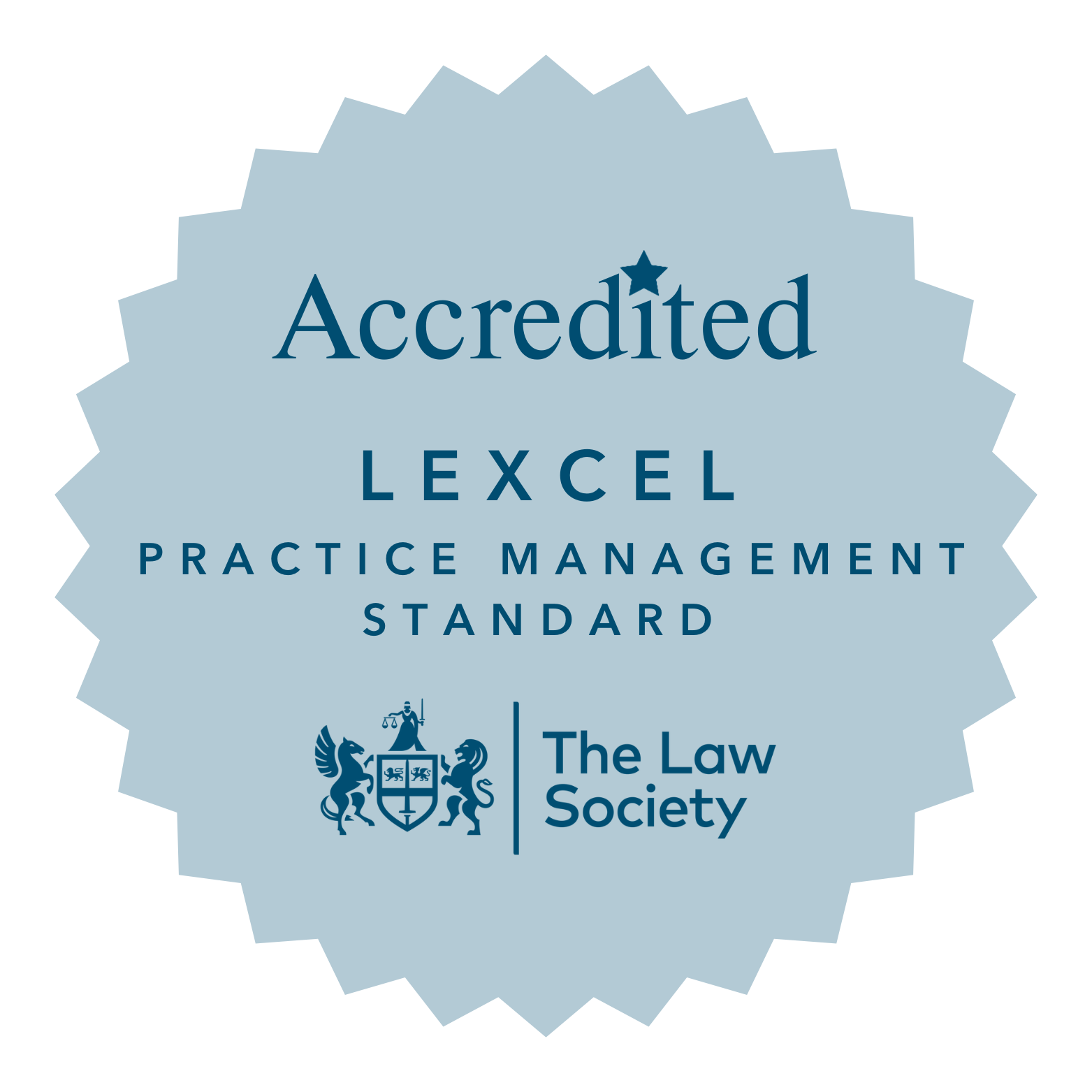Insights
Your Idea or Copyright Theft?

by Ana Kocmut-Saunders & Gareth Thompson

“La propriété, c’est le vol!” (All Property is theft!). So said French anarchist and capitalist Pierre-Joseph Proudhon in 1840. Proudhon was not actually criticising individual entitlement to privately owned land. He was attacking landowners and capitalists whom he believed “stole” profits from labourers.
When modern day capitalists start up their own business they can quickly, easily and unwittingly ‘steal’ other peoples’ property. How? By using or adopting patented inventions or processes, trademarked logos or copyrighted material in their own business offerings or marketing.
Patents and Trademarks are easier to check out to avoid falling foul of them. You can do that by a simple search of the online registry for each.
Beware and do your due diligence to check it out however.
Big brand retailers and service providers can be very aggressive indeed in their pursuit of anyone allegedly breaching their trademarks
Click here for the the latest reported instance and potential salutary tale.
What about copyright though?
If material is not patented or trademarked, how do you know that your song, marketing concept, literary feature, clothing design or advertising pitch hasn’t already been created and protected by someone else?

If you create something isn’t it yours? So what if it’s not? Does it really matter and should you worry? Potentially yes if it steps hard enough on a business rivals’ copyright protected toes.
Uber was recently sued by Waymo (Google) for allegedly stealing technical information about itsLiDAR self-driving car system. Ed Sheeran was recently sued for £16m for ‘stealing’ notes from ‘Amazing’ sung by Matt Cardle in his top 20 hit ‘Photograph’. Marvin Gaye’s estate successfully sued Robin Thicke and Pharrell Williams for $7.4m for ‘stealing’ from Gaye’s music to create ‘Blurred Lines.
In the fashion world the number of fashion shops claiming damages from rivals for copycat designs has increased dramatically. All Saints attacked River Island for copying items from its men’s and women’s collections. Jimmy Choo pursued Marks and Spencers on the same basis. Top Shop was forced to pay an undisclosed sum to French design house Chloe for copying a dungaree *
Original ideas invariably borrow from old ones. Even Voltaire admitted that “Originality is nothing but judicious imitation” **. So how is a fledging entrepreneur supposed to know when their own inspiration becomes appropriation? What’s the difference between being legitimately creative and original and illegally copying someone else’s work? When does an idea become copyright protected material anyway?
Copyright arises automatically when material is first created. However it has to be recorded not just remain an idea in someone’s head. Once it is recorded though, any copying or adaptation of it can amount to an infringement. An example would be lifting or adapting content ‘word for word’ from a business rival‘s promotional material or website to promote your own business. However creating your own work based on someone else’s similar idea would not be an infringement of their copyright.
If recorded material is in the ‘public domain’ then it can be freely used. Material published on the internet may be freely accessible to anyone. Perhaps surprisingly, that does not mean it is in the public domain. Recorded material is only in the public domain if its copyright protection has expired. How long does that last? In the UK and for mere mortals, it currently lasts for the life of the author plus 70 years but not always. In the case of JM Barrie’s Peter Pan copyright protection has, (rather like Peter), an indefinite life span. In JM Barrie’s case that was achieved by a statutory amendment made especially for that purpose in 1987 before it expired.
Different countries have different copyright expiry periods. In the USA for ‘applied art’ material it can be as (comparatively) short as 25 years. In Mexico, it is 100 years after the death of the author. Once it has expired you can freely use, copy and adapt it. However think twice before incorporating ‘Singing in the Rain’ into the marketing materials for the launch of your new retail umbrella outlet or ‘That’s Life’ for your positive thinking consultancy. The copyright in the song or lyrics composition may have expired. However the copyright in the recording itself is separately protected. That could make it a highly successful but potentially very expensive launch party.
If there is any doubt about whether material you intend to use is copyrighted, whether anything came of it might ultimately and actually depend on how commercially successful you were. How do you protect yourself against copyright infringement anyway?
In short create don’t copy or adapt someone else’s material. Literally start with a ‘blank page’ and just what’s in your head. Also go online and see what else has been created and recorded. A simple ‘Google’ or ‘Bing Search’ will be highly informative. It might be depressing to discover that your unique idea sadly isn’t but far better to be safe than sorry. If in doubt always acknowledge the author’s contribution. Apply otherwise to the author for a licence, grit your teeth and pay them a license fee.
If you’re otherwise sure that you’ve created your own original material don’t keep it to yourself. Cast modesty to the winds and make sure you record and publish it. Go ahead, be inspired and creative. Feel free to stand on the shoulders of others. Just avoid picking their intellectual pockets in the process.
* Rachel Shields, Independent
** Daliah Saper, business.com
If in doubt and for safety always ‘look before you leap’ by getting specialist IP advice first. Consult Ana Kocmut-Saunders, a member of the rapidly expanding IP team at CJCH solicitors. Ana specialises in intellectual property protection.
CJCH Solicitors Corporate (including IP law) team is lead by Gareth Thompson, supported by Ana Kocmut-Saunders, and offers a obligation free consultation contact for new matters – 029 2048 3181 or e-mail on commercial@cjch.co.uk





